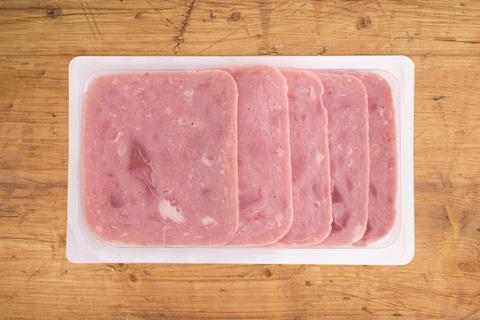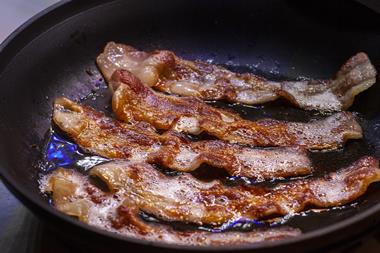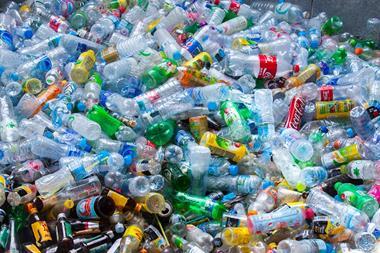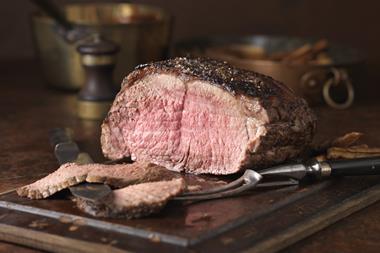
Ten years ago, the World Health Organization’s International Agency for Research on Cancer classified processed meats such as bacon and ham as Group 1 carcinogens, placing them in the same category as tobacco and asbestos. It was a landmark moment in public-health science.
Yet a decade later, the UK government has done virtually nothing to reduce exposure to nitrites, the curing agents that make these products pink and long-lasting but also create nitrosamines, compounds known to trigger cancer.
This week I joined a group of scientists – including four of the original authors of that 2015 WHO report – in writing to the Health Secretary, Wes Streeting. Our message, through the Coalition Against Nitrites, is stark: government inaction is allowing avoidable cancers to occur.
The Food Standards Agency continues to say there is “little or no new evidence” to justify change. That position is no longer credible.
Removing risk from everyday food
At Queen’s University Belfast, our 2022 animal studies showed a strong association between dietary nitrites and the development of intestinal tumours in mice – clear biological evidence that supports the human epidemiological link to colorectal cancer. And just this weekend, a study from Seoul National University found women who ate processed meats such as bacon or ham at least once a week faced a 57% higher risk of breast cancer.
Meanwhile, the French food safety authority Anses and the European Commission have already acted, tightening permitted nitrite levels and moving towards phased reduction. The UK, once a leader in food safety, is now out of kilter with Europe and with the scientific consensus.
Industry lobbyists often argue that removing nitrites would risk outbreaks of botulism. That claim was disproved by a confidential report commissioned by the British meat industry itself, revealed by The Guardian in 2019. The report admitted that modern refrigeration, hygiene and processing standards make such a risk extremely remote.
Across Europe, including by some UK companies, the production of nitrite-free cured meats takes place safely at scale. There has not been a single botulism case linked to these products. To keep citing this as a reason for inaction is to ignore the evidence.
Safe alternatives to nitrite curing are already on the market. This is not about banning bacon or ham – it’s about removing an unnecessary chemical risk from everyday food.
Serious about food safety
The UK once set global standards for food safety, from pioneering traceability after the horsemeat scandal to leading international efforts on antimicrobial resistance. But on nitrites, we are falling behind both the science and our European neighbours.
If ministers want to show they are serious about prevention, they should require clear front-of-pack cancer warnings on nitrite-cured products, support small and medium-sized producers to adopt safer technologies; and commit to a phased reduction and eventual ban on nitrite additives.
These are pragmatic, evidence-based steps, not ideological ones. Every year of delay means more preventable cancers, more families affected, and greater strain on the NHS.
The science is established, the alternatives exist and consumers expect leadership. A decade after the WHO’s ruling, Britain should be setting the global standard for safe food, not lagging behind it.
Chris Elliott OBE is a professor of food safety and microbiology at Queen’s University Belfast



















No comments yet